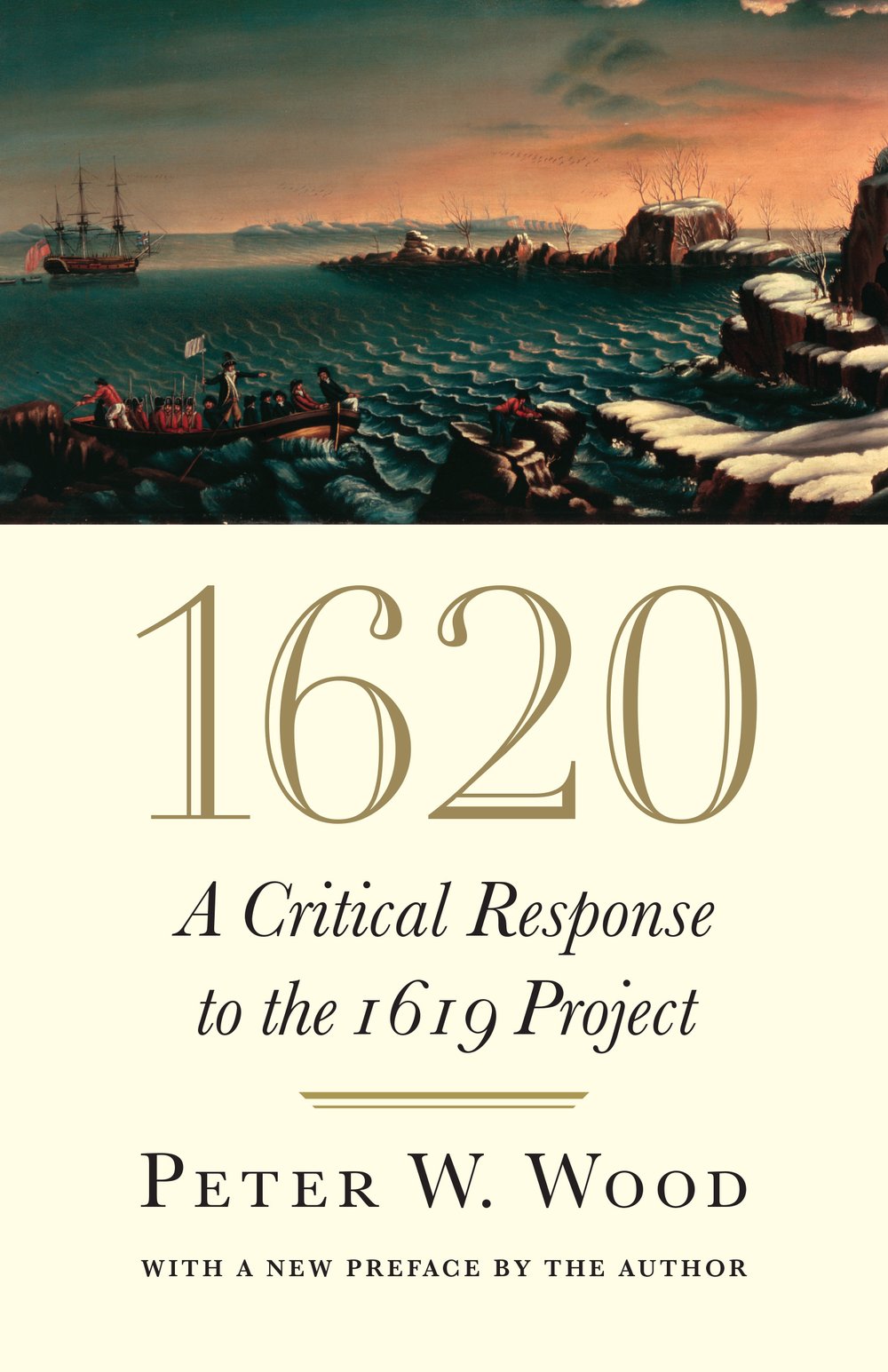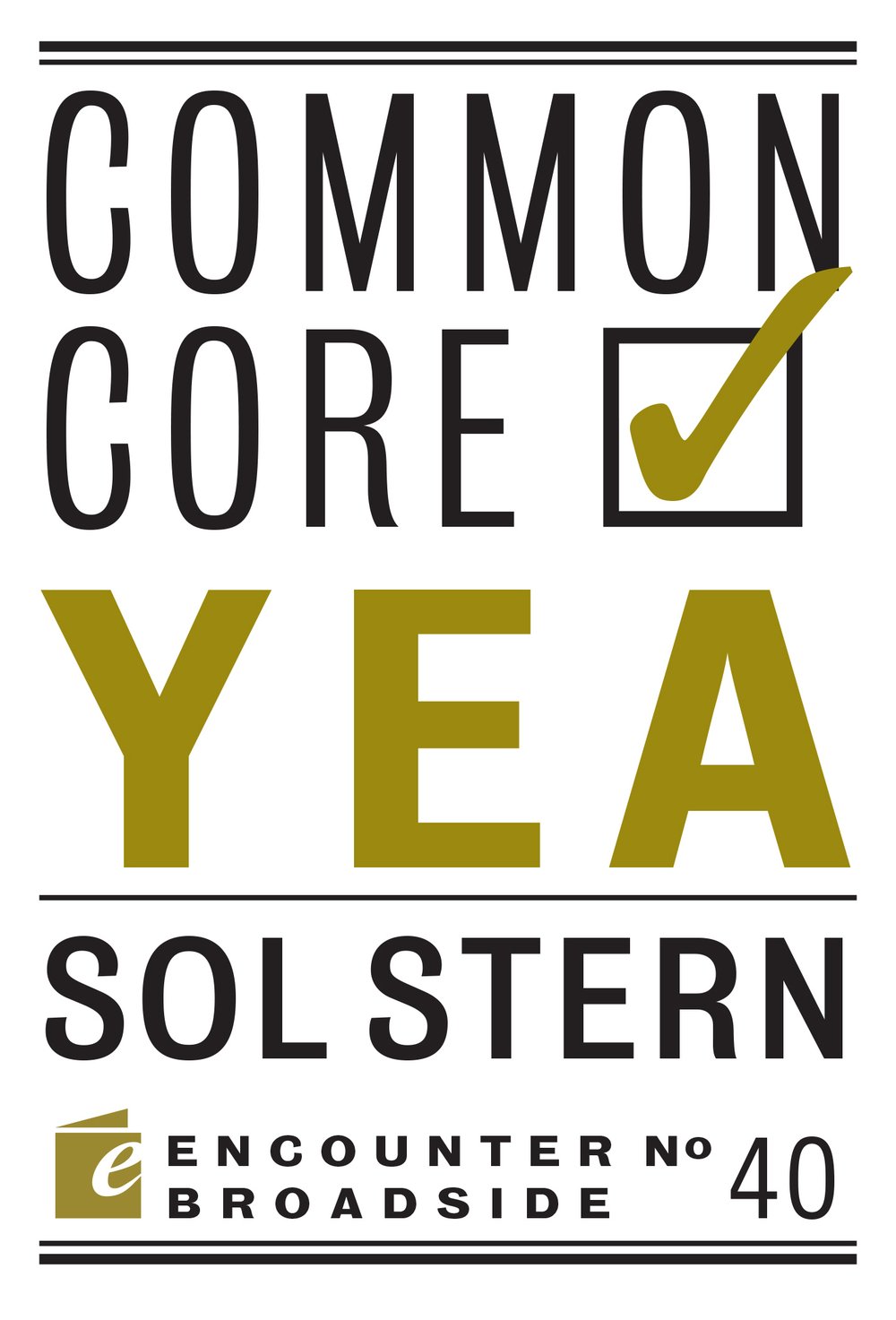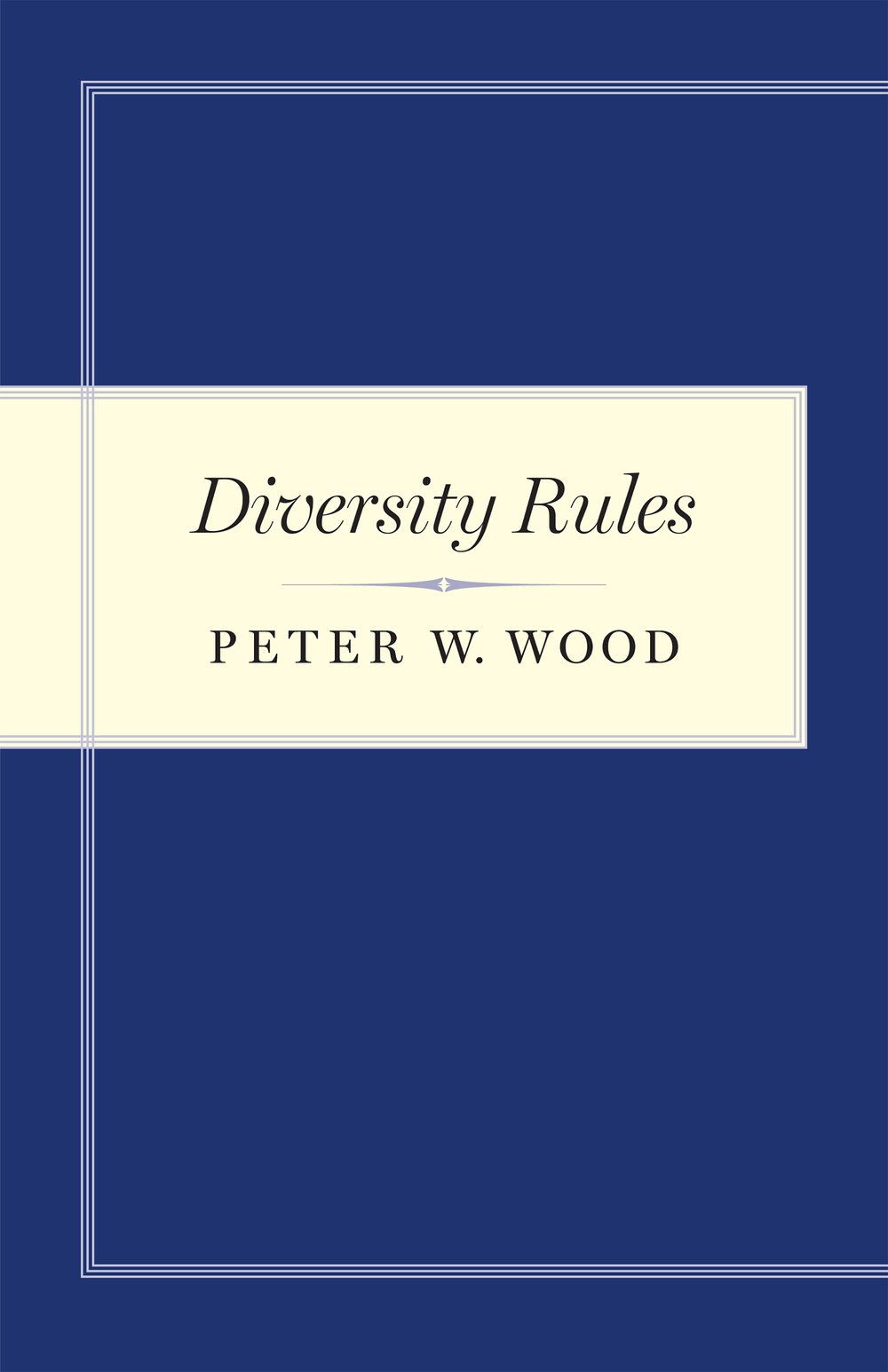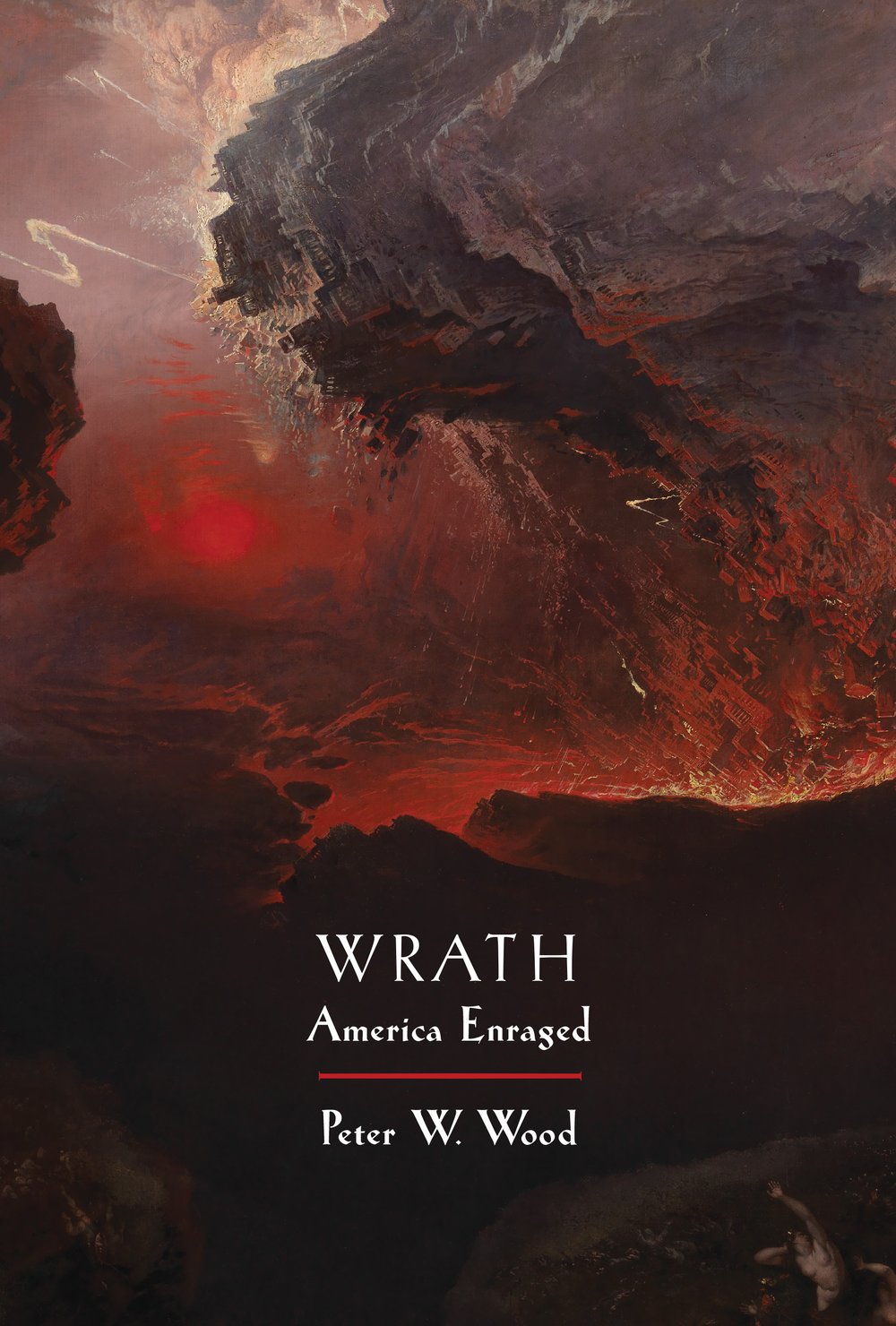1620
A Critical Response to the 1619 Project

When and where was America founded? Was it in Virginia in 1619, when a pirate ship landed a group of captive Africans at Jamestown? So asserted the New York Times in August 2019 when it announced its 1619 Project. The Times set out to transform history by tracing American institutions, culture, and prosperity to that pirate ship and the exploitation of African Americans that followed. A controversy erupted, with historians pushing back against what they say is a false narrative conjured out of racial grievance. This book sums up what the critics have said and argues that the proper starting point for the American story is 1620, with the signing of the Mayflower Compact aboard ship before the Pilgrims set foot in the Massachusetts wilderness. A nation as complex as ours, of course, has many starting points, most notably the Declaration of Independence in 1776. But if we want to understand where the quintessential ideas of self-government and ordered liberty came from, the deliberate actions of the Mayflower immigrants in 1620 count much more than the near accidental arrival in Virginia fifteen months earlier of a Portuguese slave ship commandeered by English pirates. Schools across the country have already adopted the Times' radical revision of history as part of their curricula. The stakes are high. Should children be taught that our nation is a four-hundred-year-old system of racist oppression? Or should we teach children that what has always made America exceptional is its pursuit of liberty and justice for all?

Peter W. Wood is the president of the National Association of Scholars. A former professor of anthropology and college provost, he is the author of several books about American culture, including Diversity: The Invention of a Concept (2003) and Wrath: America Enraged (2021). He is the editor in chief of the journal Academic Questions and a widely published essayist. In 2019 he received the Jeane Kirkpatrick Prize for contributions to academic freedom.



